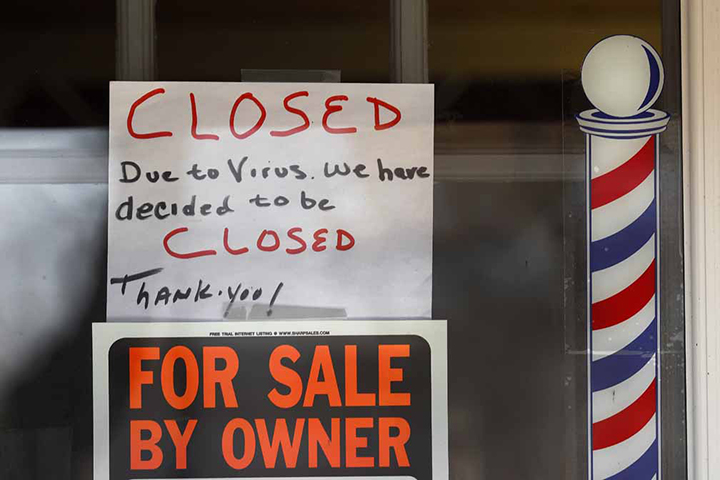
BANKS and financial institutions are still seen dealing with financial distress as borrowers continue to struggle with paying their loans on time amid the ongoing crisis, Oxford Economics has warned.
The UK-based think tank said in a report released on Wednesday that many firms are still taking a beating from the adverse impact of lockdown restrictions due to the coronavirus pandemic.
“Insolvencies could still rise significantly in 2021-2022 and there are longer-term risks of increased ‘zombification’ and rising bad loans at banks,” Oxford Economics explained.
A “zombie” company refers to a firm whose financial capability is not enough to pay off its debts.
The think tank cited service sectors like hospitality, administration and arts and entertainment among the sectors which are likely to have concerns with insolvency.
Moreover, Oxford Economics noted that the debt moratorium imposed and government support extended to companies might be preventing them from filing for bankruptcy for now—which could put the banks at the disadvantage.
“If bankruptcies are staved off with loan forbearance and government loan schemes, this risks displacing the problem to banks —especially those with high exposure to small firms—or to the public sector balance sheet,” the report noted. “This could damage productivity growth.”
In the Philippines, nonperforming loans (NPL) saw substantial growth in the past year as lockdown protocols prompted the slowdown of economic activities and surge in joblessness.
Data from Bangko Sentral ng Pilipinas (BSP) shows that gross NPLs of the local banking system amounted to P404.69 billion as of end-November of last year, which is 73.64 percent more than the P233.06 billion registered in the same period in 2019.
Gross NPL ratio grew to 3.81 percent in the same period from 2.19 percent year-on-year.
Past due loans, meanwhile, surged by over 63 percent to P507.69 billion as of end-November 2020 from P310.88 billion year-on-year.
Total loan portfolio of the Philippine banking industry stood at P10.63 trillion as of November last year.
To combat the rise of bad loans, the government, through the Bayanihan to Recover as One Act, gave the borrowers a 60-day grace period to pay their principal loans and interest with due dates until the end of 2020.
In addition, the pending Financial Institutions Strategic Transfer bill (FIST) is also seen providing some relief.
The FIST bill allows financial institutions to get rid of their nonperforming assets (NPAs) by selling them to asset management firms or FIST companies. This way, they can attain better management of their debt levels during this pandemic.
NPAs refer to NPL and real and other properties acquired in settlement of loans. As of November 2020, the banking sector has a capital adequacy ratio of 12.80 percent, according to BSP data.
